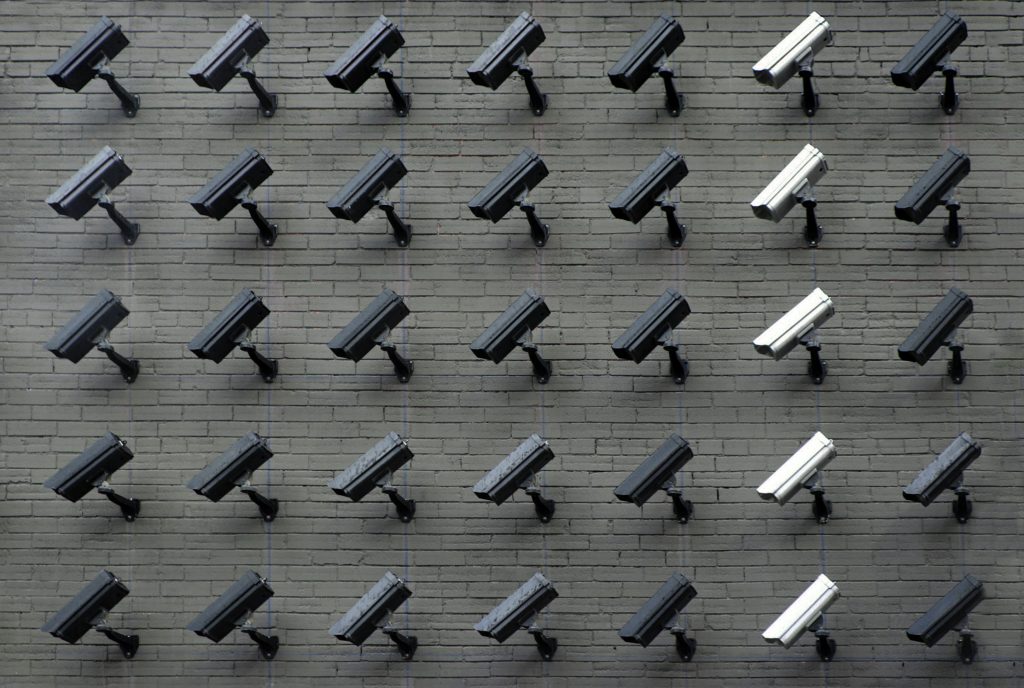How Will the CARES Act Change Consumer Bankruptcy?
PDF Available
By Kate Peterson[1]*
The CARES Act, signed into law on March 27th, 2020, intended to provide quick economic assistance to American individuals and businesses.[2] The Act amended the Bankruptcy Code to provide relief to those who file for bankruptcy, with a sunset provision of one year from enactment.[3] In consumer bankruptcies, these changes have implications for both individual debtors and their creditors, who are often businesses of all sizes.
I. Impact on Debtor
The CARES Act amendments impact how federal payments relating to COVID-19 are treated. However, the amendments are not clear as to whether the payments are property of the bankruptcy estate.[4] This would likely mean payments are property of the estate, but the US Trustee issued a notice to trustees to proceed with caution regarding payments.[5] These payments are not to be included in the “current monthly income” calculation pursuant to 11 U.S.C. § 101(10)(A)(B)(ii).[6] For debtors whose income is close to their state’s median, this clarification may impact one’s eligibility for Chapter 7 bankruptcy or the amount one must contribute to a Chapter 13 plan.[7] The payments are also not to be treated as “disposable income” for Chapter 13 debtors, which would otherwise require them to contribute the payments to their Chapter 13 plan.[8]
The amendments also impact the modification of debtors’ Chapter 13 plans due to the addition of language to the code provision on modification of confirmed plans.[9] Debtors with confirmed plans can seek to modify their plan on the basis of COVID-19 hardships. This applies to debtors who are “experiencing or ha[ve] experienced a material financial hardship due, directly or indirectly” related to the COVID-19 pandemic.[10] This could have a broad impact as a basis for modification, as “indirectly” is not clearly defined while economic impacts of the pandemic are widespread.[11] Debtors may now propose traditional plan modifications with COVID-19 as their reason for modifying their plan. Debtors can also now propose to extend the plan period to seven years after the first plan payment under the original came due.[12]
II. Impact on Business Creditors
The results of these bankruptcy provisions on creditors have not been fully felt yet. It remains to be seen whether the impact will be large or small. It is likely any impact on creditors will be largely a result of the Chapter 13 changes, especially because most Chapter 7 cases are no-asset cases resulting in no distribution to creditors.[13] Because relief can even be granted based on hardships related to COVID-19 indirectly, the impact on creditors in Chapter 13 cases depends largely upon the discretion of judges in granting modifications based on direct or indirect COVID-19 hardships. If many debtors move to modify their plans and courts grant them, the aggregate impact on creditors may be significant, but each court will need to look at fact-intensive circumstances.[14]
In sum, the CARES Act protects federal “rebates” payments from being subject to bankruptcy income provisions and allows for greater flexibility in Chapter 13 plans which may impact the amount creditors can recover from debtors.
[1]*J.D. Candidate, Class of 2022, Arizona State University Sandra Day O’Connor College of Law.
[2] Coronavirus Aid, Relief, and Economic Security Act, Pub. L. No. 116-136, § 1113, 134 Stat. 281 (2020) (codified as amended at 11 U.S.C. §§ 101-1329).
[3] Id.
[4] Dalie Jimenez, CARES Act “Rebates” and Bankruptcy, Credit Slips (Apr. 8, 2020, 1:59 PM), https://www.creditslips.org/creditslips/2020/04/cares-act-rebates-and-bankruptcy.html.
[5] Id.
[6] Phoebe S. Winder et al., Covid-19: How the Cares Act Will Impact Chapter 7 and Chapter 13 Consumer Bankruptcies, Nat’l Law Review (Mar. 31, 2020), https://www.natlawreview.com/article/covid-19-how-cares-act-will-impact-chapter-7-and-chapter-13-consumer-bankruptcies.
[7] 11 U.S.C. §§ 707(b), 1325(b)(2).
[8] 11 U.S.C. § 1325(b)(2).
[9] 11 U.S.C. § 1329(d).
[10] Id.
[11] Winder supra note 3.
[12] 11 U.S.C. § 1329(d)(2).
[13] Chapter 7 – Bankruptcy Basics, United States Courts, https://www.uscourts.gov/services-forms/bankruptcy/bankruptcy-basics/chapter-7-bankruptcy-basics (last visited Oct. 21, 2020).
[14] Winder supra note 3.


